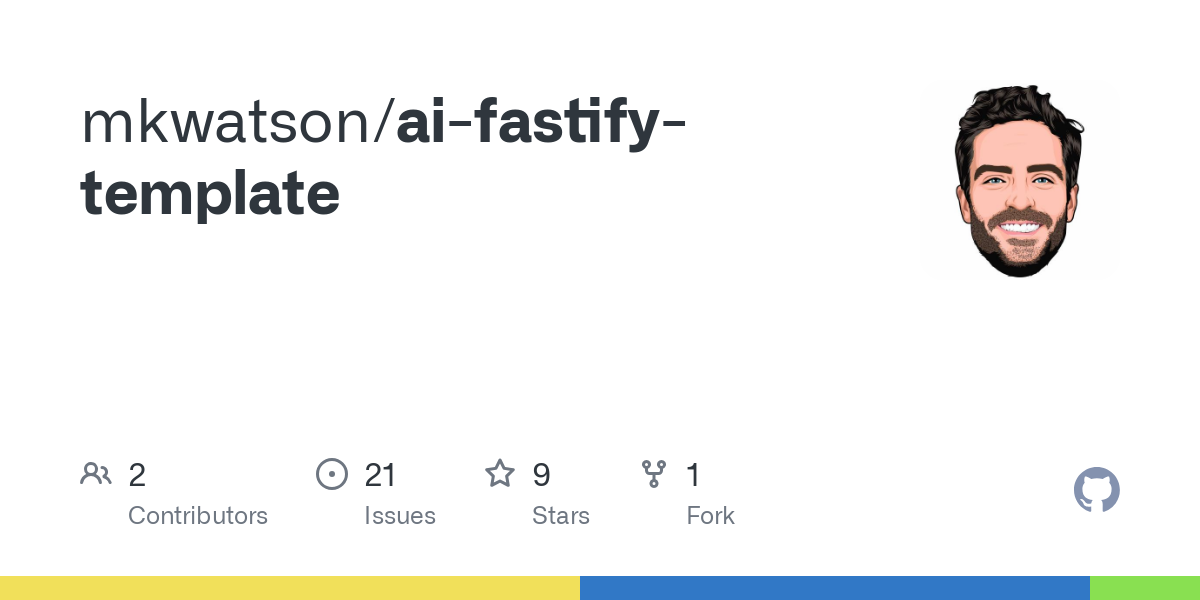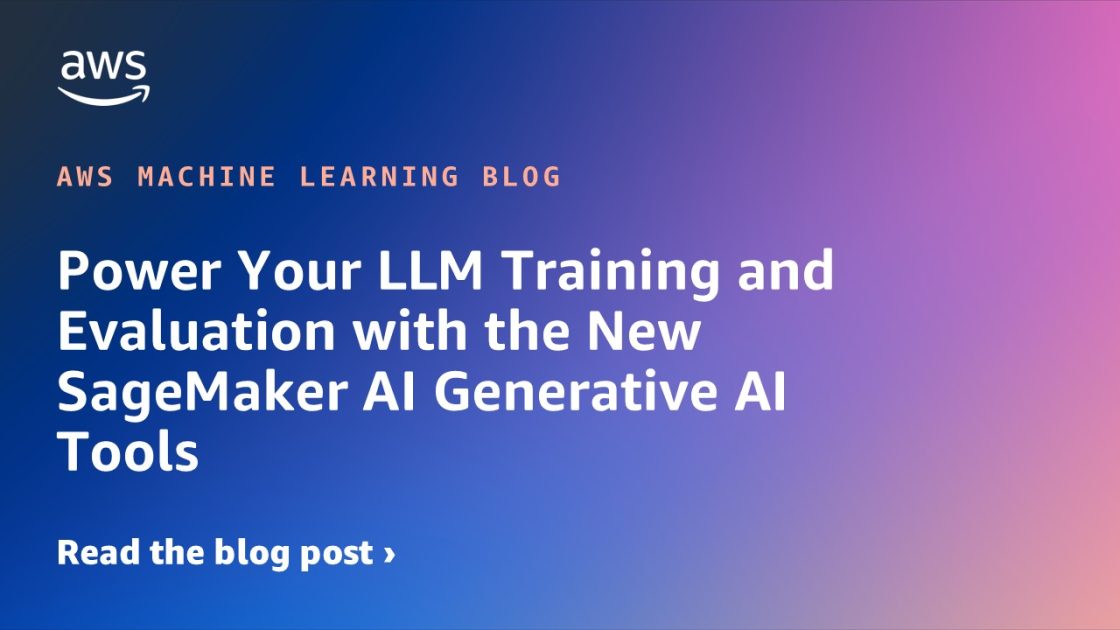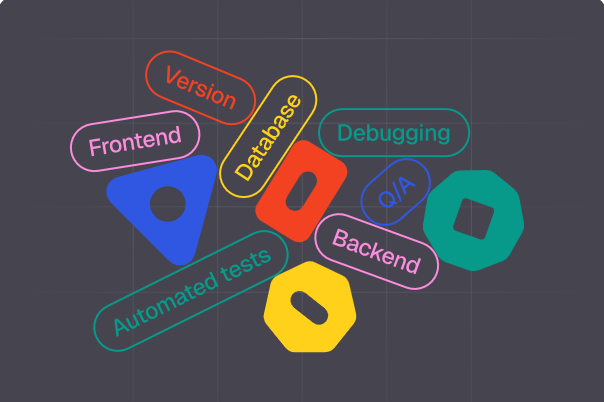This template serves as a production-ready monorepo for Fastify and TypeScript, specifically designed for AI-assisted development. It enables AI coding agents to autonomously generate complete backend APIs and type-safe client SDKs while implementing guardrails to prevent technical debt and architectural issues.
Key features include:
– Immediate feedback loops for AI through fail-fast pipelines.
– Constraint-driven development to guide AI toward best practices.
– Comprehensive quality gates to identify issues before deployment.
– Architectural boundaries to prevent poor design.
The template facilitates rapid AI development by automating application coding, testing, and documentation. It integrates tools like GitLeaks for security scanning and enables real-time client SDK generation for seamless frontend-backend communication. This structure allows human developers to focus on requirements and approval, while AI agents handle the bulk of development tasks. Built with a systematic approach, it emphasizes safety, validation, and an efficient workflow tailored for AI.
Source link








